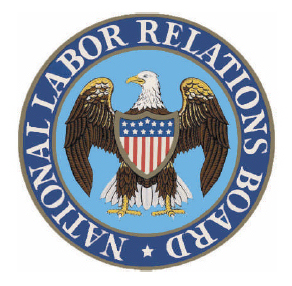By R. Joseph Leibovich
(901) 328-8269
The National Labor Relations Board (“NLRB”) has issued a ruling that could have a profound impact on franchisors throughout the nation. The NLRB in a case involving Browning-Ferris Industries of California (“BFI”) issued a 3-2 decision along party lines that expands the concept of who is a “joint employee”. The decision stated:
The Board may find that two or more entities are joint employers of a single work force if they are both employers within the meaning of the common law, and if they share or codetermine those matters governing the essential terms and conditions of employment. In evaluating the allocation and exercise of control in the workplace, we will consider the various ways in which joint employers may “share” control over terms and conditions of employment or “codetermine” them, as the Board and the courts have done in the past.
In applying this test, the Board found that BFI was a joint employer with a company that it contract with to provide workers at a sorting facility.
Many believe this decision will also be applied to franchisors/franchisees. This is significant in the area of potential unionization efforts. For example, say Tasty World, Inc. (a fictional company) is a national fast food franchisor with franchisees across the country. One is operated in Peoria, Illinois by John Doe Enterprises, Inc. In this hypothetical, a union campaign to organize the workers at the Peoria location based on the issue of pay in excess of the minimum wage. The union succeeds. Now, John Doe Enterprises, Inc. must collectively bargain with the union. But in addition to that, under the BFI decision, Tasty World, Inc. would also be drawn into the collective bargaining process. This is a situation that many franchisors are not happy with.
In addition to the collective bargaining issue, the BFI decision could lead to franchisors being liable for potential unfair labor practices committed by the franchisee, even if the national franchisor has no actual knowledge of these alleged violations. Using the same hypothetical, if John Doe Enterprises, Inc. improperly threatened potential bargaining unit employees during the unionization effort, Tasty World may face liability even if it wasn’t aware of the threats or, for that matter, of the union campaign at all.
Business groups are vocally critical of this decision and its potential impact on franchisors. Furthermore, this decision could potentially lead franchisors to reconsider the entire franchisor/franchisee model. It will be interesting to see how courts apply the joint employer definition in labor relations issues, and to see if or how franchisors adjust their business based on the potential impact of the decision.
Some states, including Tennessee, have enacted statutes that specifically state that employees of a franchisee are not employees of a franchisor. For example, a recently enacted Tennessee law states “Notwithstanding any voluntary agreement entered into between the United States department of labor and a franchisee, neither a franchisee nor a franchisee’s employee shall be deemed to be an employee of the franchisor for any purpose.” (Tenn. Code Ann. 50-1-208).
For issues that come under the NLRB’s purview, however, these state laws will likely not provide insulation from the Board’s decision.

